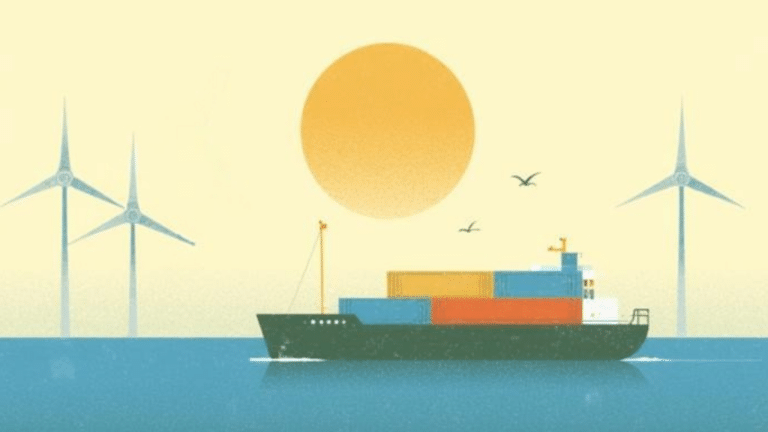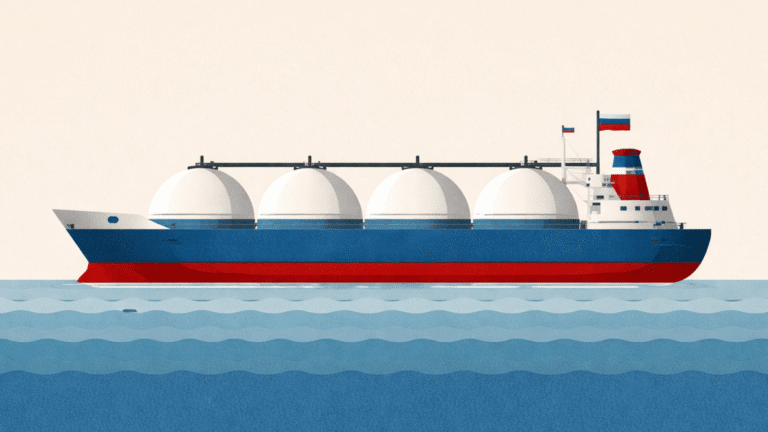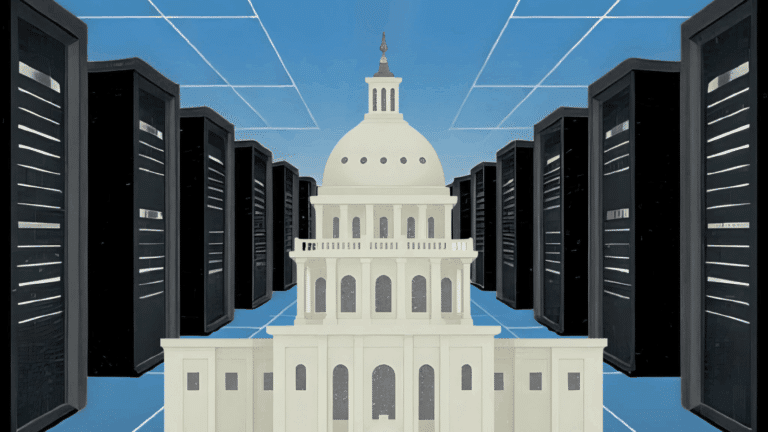Could a strategic lithium reserve kickstart US supply chain development?
NEW YORK -- A strategic lithium reserve is being mooted as a solution to stabilize volatile prices that have hindered American mining projects, allowi
Current Access Level “I” – ID Only: CUID holders, alumni, and approved guests only
Past Event
June 20, 2013
5:30 am - 7:00 am
Please join the Center on Global Energy Policy for a presentation by Dr. Fatih Birol, Chief Economist at the International Energy Agency, of the World Energy Outlook (WEO) Special Report “Redrawing the Energy-Climate Map.” As part of the IEA’s WEO 2013 series, this special report focuses on the role of the energy sector in addressing climate change and the potential impacts of climate change on the energy sector. Dr. Birol will present the report’s key findings after which David Sandalow, Center Fellow and former Undersecretary of Energy (Acting) and Assistant Secretary for Policy and International Affairs at the US Department of Energy, and Fred Krupp, President of the Environmental Defense Fund, will offer reactions as to what the findings mean for the future of global energy-, climate-, and economic-policy. A question and answer session will follow the prepared remarks, moderated by Center Director Jason Bordoff. Registration is required. This event is open to the press.
For additional information please contact: Jesse McCormick ([email protected]) and Pawel Olejarnik ([email protected])
Press contact: Leslie Patterson, 646-200-5326, [email protected]
###
World Energy Outlook Special Report
Governments have decided collectively that the world needs to limit the average global temperature increase to no more than 2oC and international negotiations are engaged to that end. Yet any resulting agreement will not emerge before 2015 and new legal obligations will not begin before 2020. Meanwhile, despite many countries taking new actions, the world is drifting further and further from the track it needs to follow.
The energy sector is the single largest source of climate-changing greenhouse-gas emissions and limiting these is an essential focus of action. The World Energy Outlook has published detailed analysis of the energy contribution to climate change for many years. But, amid major international economic preoccupations, there are worrying signs that the issue of climate change has slipped down the policy agenda. This Special Report seeks to bring it right back on top by showing that the dilemma can be tackled at no net economic cost.
The report:
The special report will be published on June 10, 2013. For more information, please visit: http://www.worldenergyoutlook.org/energyclimatemap
On January 1, 2026, the European Union's highly-anticipated Carbon Border Adjustment Mechanism (CBAM) will take effect. Introduced in 2023, CBAM will require the importers of certain carbon-intensive goods...

The Center on Global Energy Policy at Columbia University SIPA's Women in Energy initiative and Accenture invite you to join us for an evening of conversation and networking...

The Columbia Global Energy Summit 2026 is an annual event dedicated to thought-provoking discussions around the critical energy and climate challenges facing the global community.

The event is for CUID holders only. Please note: space is limited. The Center on Global Energy Policy at Columbia University SIPA invites Columbia University students to a...

This Energy Explained post represents the research and views of the author(s). It does not necessarily represent the views of the Center on Global Energy Policy. The piece...

Geopolitical uncertainty associated with Russian gas exports could swing the range of those exports by an estimated 150 bcm per year.

From the east to west and north to south, in red states and blue states, attention to data centers is skyrocketing in state capitals across the United States.
